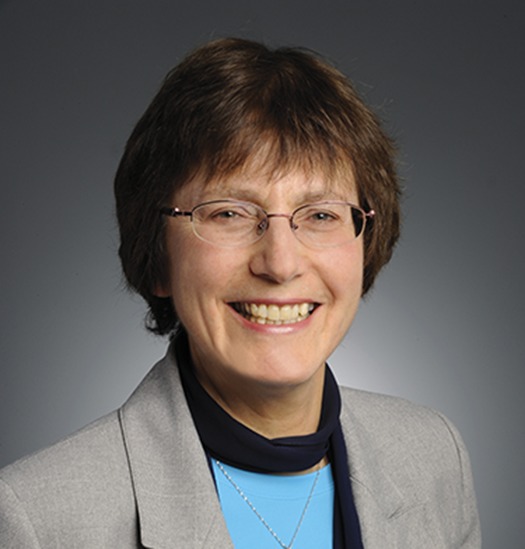
Dear Colleagues,
In this year’s last column, it is difficult to tell you about the College’s many areas of engagement without acknowledging the considerable challenges Ontario family physicians are currently facing, following the collapse of the Ontario Medical Association’s negotiations with the provincial government. During Family Medicine Forum, held in Toronto, Ont, in mid-November, a town hall meeting between family physicians and the Ontario Deputy Minister of Health and Long-Term Care, Dr Bob Bell, was organized (still “on” at the time of writing) to foster dialogue, gain a better understanding of the issues, and, possibly, begin to renew efforts to move forward. The Ontario College of Family Physicians (OCFP) is involved, not as a negotiator (a role led by the Ontario Medical Association) but as a stimulator of important ideas for both parties to consider. You can learn about the latest developments from the OCFP’s ongoing communications and send feedback to the OCFP. What follows here is a CFPC perspective on the Ontario situation, with reflections for us all.
Timely access remains the most important indicator of high-quality care
Family physicians recognize that the public demands better access in an environment where costs are contained. To address this meaningfully and deliberately, family practices need to organize coverage on evenings and weekends as a part of our social contract. Similarly, governments need to recognize the increasingly complex nature of our patient population and provide the appropriate infrastructure to foster urgent changes. The CFPC’s Patient’s Medical Home model of care offers promise, and has been shown to be supported by patients and providers alike, and to bring greater efficiency (eg, a decrease in emergency department visits, the ability to implement advanced access).1
New graduates must be able to provide comprehensive care, which includes care outside the office for various critical services (eg, obstetrics, home care, palliative care)
The New Graduate Entry Program is confusing,2 especially as it relates to supporting broad-scope family practice and filling gaps in specific areas of care (eg, palliative care, care in remote areas). One way to address this, with population needs in mind, is encouraging prise en charge of a number of patients, for all family physicians, even those who are filling gaps in certain areas. We can learn from Quebec in this regard. Getting to this point requires our family medicine residents to be trained in comprehensive care, a commitment to broad-scope practice by the profession, and support from regional authorities and all governments.
What about team-based care?
The increasing complexity in family practice, as well as the shift toward community-based care, requires collaboration with others in the best interest of the patients we serve. Learners also tell us that they work in teams and expect to continue to do so once in independent practice. I believe this work has only just begun, and that much remains to be learned and resolved. We must remember that dedicated attention and support is required for team members to “gel,” to understand each other’s roles, and to work effectively together. We need to be prepared to take stock of a formula that has traditionally served our population of patients reasonably well: the team comprising a receptionist, a family practice nurse, and a family doctor. With better networking and innovations in technology, it should be possible to engage the larger team while preserving the core.
Nothing about me without me
The Ontario government must be accountable and transparent, return to the bargaining table immediately, and include family physicians in discussions that affect their future and ability to practise family medicine in Ontario. We urge the provincial government to include the OCFP in the planning of health issues such as access, equity, and quality across the province.
As I meet many family doctors who are providing superb care to their patients, often in difficult circumstances, I am repeatedly reminded what a privileged place family doctors hold in society: every day we are ready to accept and look after all comers, for the small and big problems that affect them. It is through this, over time, that a strong patient-physician relationship develops and matures and it is through this that population outcomes can be positively affected. Thank you for all that you do. From all of us at the College, best wishes for the holiday season and for 2016.
Acknowledgment
I thank Eric Mang for his assistance with this article.
Footnotes
Cet article se trouve aussi en français à la page 1103.
References
- 1.Patient’s Medical Home [website] Why PMH? Reference chart. Mississauga, ON: CFPC; 2014. Available from: http://patientsmedicalhome.ca/files/uploads/PMH-Why-Chart.pdf Accessed 2015 Nov 5. [Google Scholar]
- 2.OCFP New Graduate Entry Program: more questions than answers? Toronto, ON: OCFP; 2015. Available from: http://ocfp.on.ca/communications/pulse-on-family-medicine/new-graduate-entry-program-more-questions-than-answers Accessed 2015 Nov 5. [Google Scholar]


